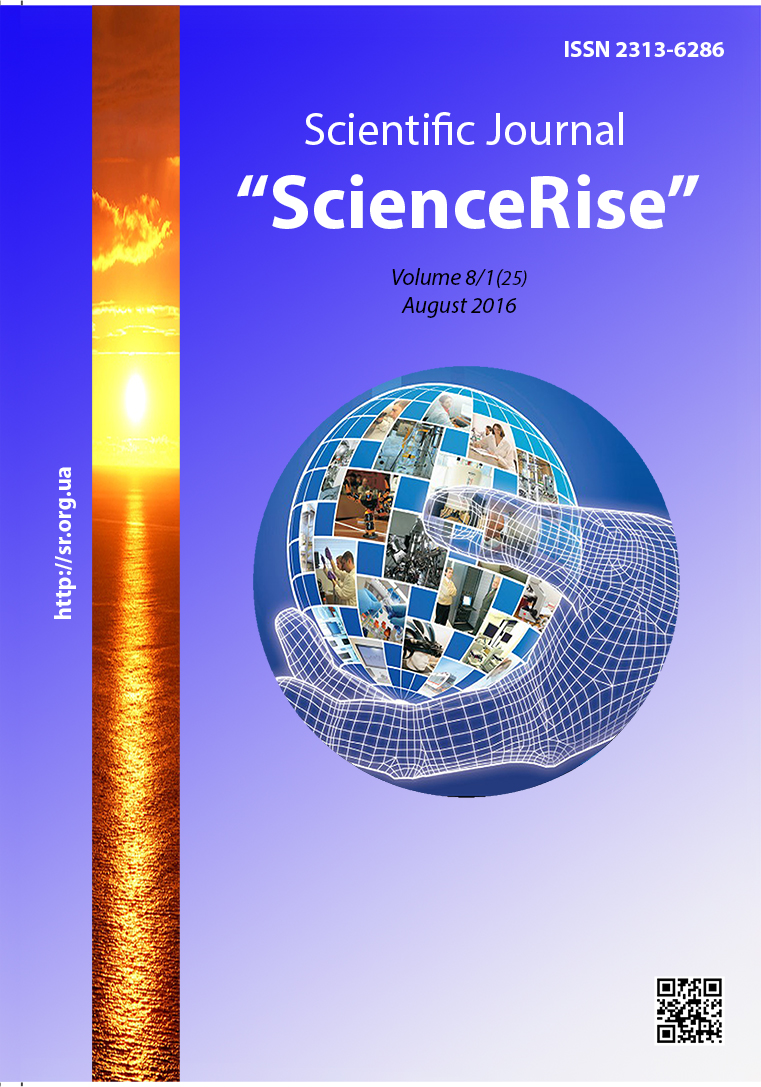Виза на небеса: Орфей, Пифагор и бессмертие
DOI:
https://doi.org/10.15587/2313-8416.2016.75516Ключові слова:
душа, бессмертие, метемпсихоз, божественность, Орфей, Пифагор, припоминание, вечность, число, философияАнотація
В статье рассмотрены учения Орфея и Пифагора о бессмертии души в контексте зарождения философской мысли в Древней Греции. Орфей продемонстрировал близость небесного (божественного) и земного (человеческого) миров, а Пифагор математически доказал их принципиальное тождество. Греческая философия была «инвестицией в загробное будущее», оказавшись продуктом мистической (Орфей) и рационалистической (Пифагор) теологии
Посилання
Halapsis, A. (2016). Miracles and the perfection of being: The theological roots of scientific concepts. Anthropological Measurements of Philosophical Research, 9, 70–77. doi: 10.15802/ampr2016/72235
Plato. (1997). Complete works. Indianapolis, IN; Cambridge, MA: Hackett Publishing Company, 1838.
Bernabé, A., Jiménez San Cristóbal, A. I. (2008). Instructions for the netherworld: The Orphic gold tablets. Leiden; Boston, MA: Brill, 379.
Graf, F., Johnston, S. I. (2007). Ritual texts for the afterlife: Orpheus and the Bacchic gold tablets. London: Routledge, 256.
Betegh, G. (2006). The Derveni papyrus: Cosmology, theology and interpretation. New York, NY: Cambridge University Press, 441.
Kouremenos, T., Parássoglou, G. M., Tsantsanoglou, K. (2006). The Derveni papyrus. Firenze: Leo S. Olschki, 307.
Laks, A., Most, G. W. (1997). Studies on the Derveni papyrus. Oxford: C1arendon Press, 204.
Iamblichus. (1818). The life of Pythagoras, or Pyphagoric life. London: J. M. Watkins, 252.
Diogenes Laertius. (1925). Lives of eminent philosophers. Vol. II. London; New York, NY: William Heinemann; G. P. Putnam’s sons, 704.
McKirahan, R. D. (2010). Philosophy before Socrates: An introduction with texts and commentary. Indianapolis, IN; Cambridge, MA: Hackett Publishing Company, 494.
Halapsis, A. (2016). Number and reality: Sources of scientific knowledge. ScienceRise, 6/1 (23), 59–64. doi: 10.15587/2313-8416.2016.71546
Homer. (1945). Odyssey. Vol. I: Books 1-12. Cambridge, MA: Harvard University Press, 465.
Herodotus. (1928). The Persian wars. Vol. II: Books 3-4. London; New York, NY: William Heinemann; G. P. Putnam’s sons, 416.
Strabo. (1994). Geografiya [Geography]. Moscow: Ladomir, 943.
Eliade, M. (1986). Zalmoxis, the vanishing God: Comparative studies in the religions and folklore of Dacia and Eastern Europe. Chicago, IL: University of Chicago Press, 260.
Diogenes Laertius. (1959). Lives of eminent philosophers. Vol. I. Cambridge, MA: Harvard University Press, 549.
Russell, B. (1947). History of Western philosophy. London: George Allen and Unwin, 916.
Descartes, R. (2005). The philosophical writings of Descartes. Vol. II. New York, NY: Cambridge University Press, 428.
##submission.downloads##
Опубліковано
Номер
Розділ
Ліцензія
Авторське право (c) 2016 Алексей Владиславович Халапсис

Ця робота ліцензується відповідно до Creative Commons Attribution 4.0 International License.
Наше видання використовує положення про авторські права Creative Commons CC BY для журналів відкритого доступу.
Автори, які публікуються у цьому журналі, погоджуються з наступними умовами:
1. Автори залишають за собою право на авторство своєї роботи та передають журналу право першої публікації цієї роботи на умовах ліцензії Creative Commons CC BY, котра дозволяє іншим особам вільно розповсюджувати опубліковану роботу з обов'язковим посиланням на авторів оригінальної роботи та першу публікацію роботи у цьому журналі.
2. Автори мають право укладати самостійні додаткові угоди щодо неексклюзивного розповсюдження роботи у тому вигляді, в якому вона була опублікована цим журналом (наприклад, розміщувати роботу в електронному сховищі установи або публікувати у складі монографії), за умови збереження посилання на першу публікацію роботи у цьому журналі.

